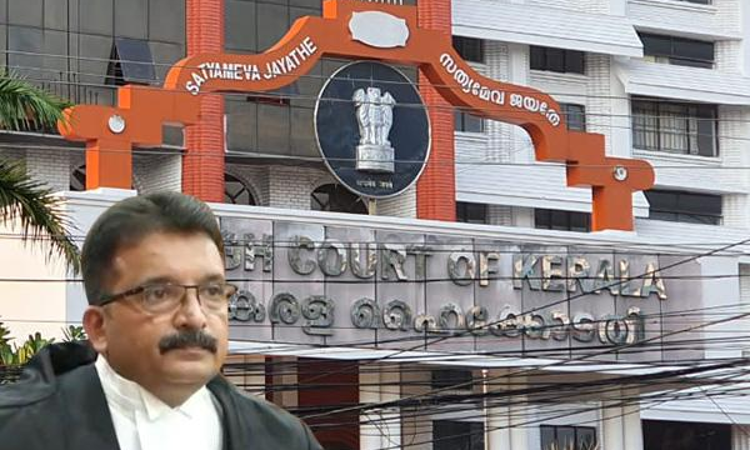S.173 CrPC | Investigating Agency Can Hold Further Probe On Receiving New Information: Kerala High Court
Hannah M Varghese
9 March 2022 1:15 PM IST

Next Story
9 March 2022 1:15 PM IST
The Kerala High Court on Tuesday while dismissing the plea moved by actor Dileep seeking to suspend further investigation into the 2017 sexual assault case ruled that Section 173 of the Code of Criminal Procedure does not restrict the investigating agency from conducting a further probe into a crime when it is notified of new information. Justice Kauser Edappagath observed that Section 173(8)...
